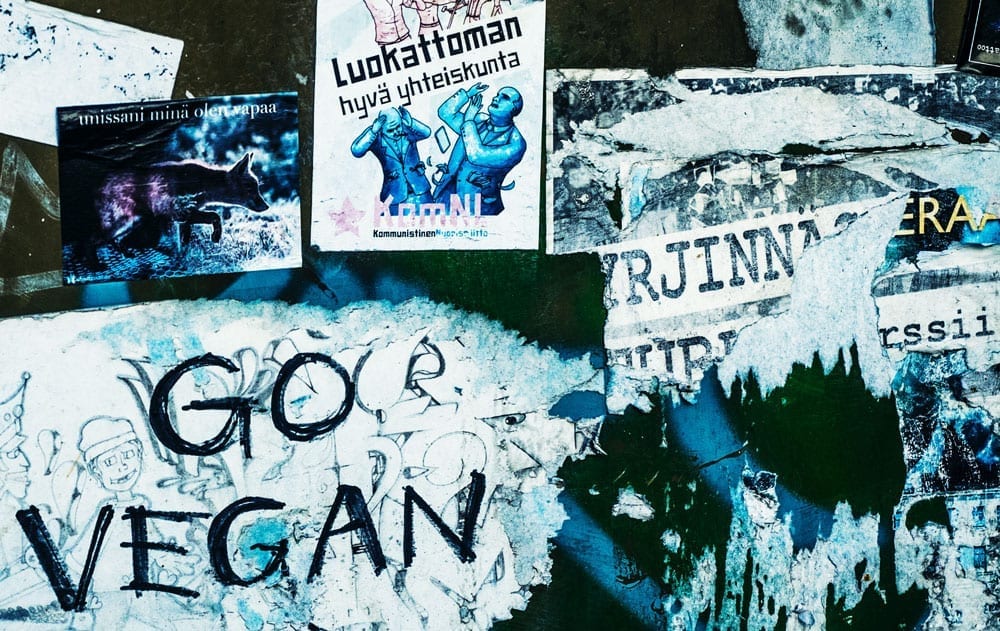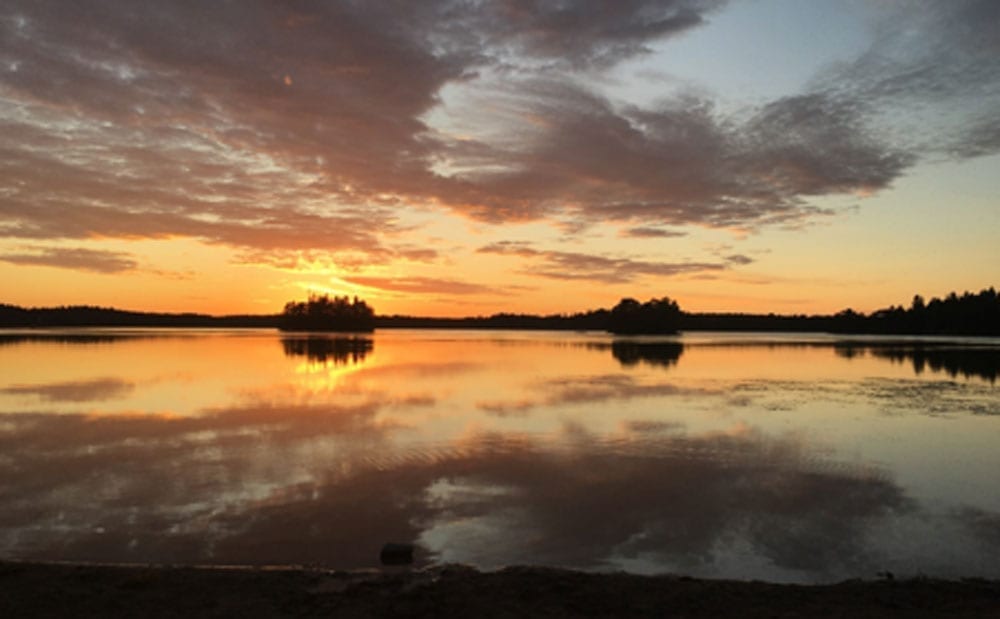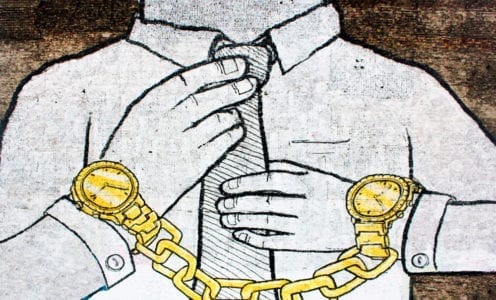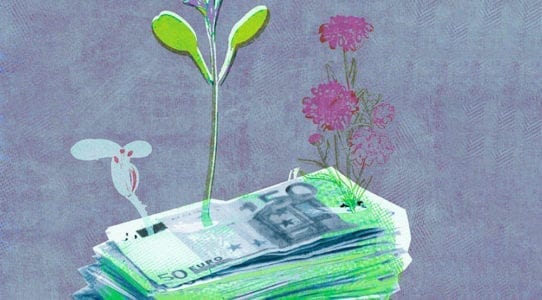Identity in crisis: Ecological Economists meet in Turku
With every day that passes the climate crisis grows more urgent and the responsibility of scientists to intervene in policy grows. It’s a pressure, Ben Gallant describes his experience at the recent ESEE conference, that is changing identities and is creating tensions in the Ecological Economics research community.

With every day that passes the climate crisis grows more urgent and the responsibility of scientists to intervene in policy grows. This building pressure is changing the identities of scientists and is creating tensions within our communities.
Last week, I attended the European Society of Ecological Economics annual conference in Turku, Finland. Along the spectacular Finnish scenery (see the photo) and midsummer’s festivities, my memories of Turku are dominated by discussions of the role of scientists in a time of crisis.
From general meetings, to discussion panels, to late night bars, the conference was suffused with conversations about the changing identities and responsibilities of academics (scientists in particular). As the climate crisis and broader environmental crises have reached a boiling point in recent years, many academics are now questioning their traditional objectivity and apolitical positioning. One attendee succinctly summarised this feeling when she declared that “it is impossible to be objective in response to climate change”.
These conversations are important for a number of reasons. The traditional objectivity of scientists has been a safeguard against the efforts of authoritarians to question fundamental aspects of the natural world. However, when science is forced into the political realm by circumstance, scientists are forced to weight the legitimacy they are conferred by their appearance of objectivity against the consequences of their silence on political matters. I do not have a great deal to add to the topic as I remain somewhat agnostic. However, I would like to offer a point of clarification. I felt that there was some confusion in many of these conversations. Disagreements often mixed together theory of change or objectives and values.

In the general meeting, a disagreement arose about the role of the society (ESEE) in taking political stances. Some members felt that the society had a moral obligation to take a stand while others felt that political statements are a step too far for a scientific society. A further group appeared to be arguing that we should take care not to diminish the scientific credibility of the society, as this would diminish our credibility for the statements that really matter.
Here we have two different arguments, one about ends and another about means. It would have been helpful for all of us to step back and ask ourselves two clarifying questions: What is the appropriate role for a scientist when faced with ecological crisis? And if we should be more activist, how can we be most effective?
Later that night, in an affordable (if somewhat sticky) bar, I engaged in a debate with another attendee. Essentially he was promoting the need for radical change, while I was defending the importance of incremental progress. It took us some time to work our way through to the understanding that our disagreement was one of process and not of final objective. We as a community could save some time by developing a clear language for separating these questions.
Moving forwards it will be necessary to draw a clearer distinction between objectives and process. However, I do not think we should be too hard on ourselves, as we are new to this space. As the roles of scientists change, it will be important to keep in mind that we are not the only group in this space. We can learn from activists and policy research groups who have been dealing with these problems for a long time and have a more developed language for discussing these problems.
Overall, this conference made me hopeful. Scientists will have a number of roles to play in coming years and I am glad that they are thinking about these roles so seriously.



